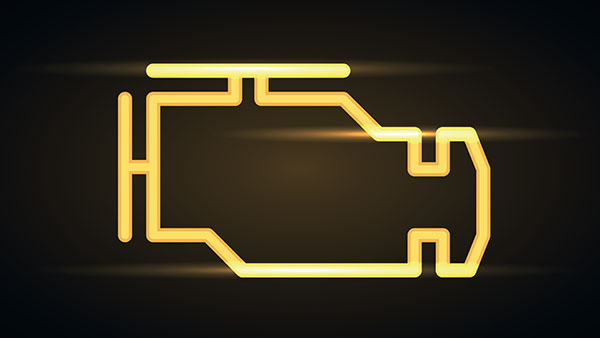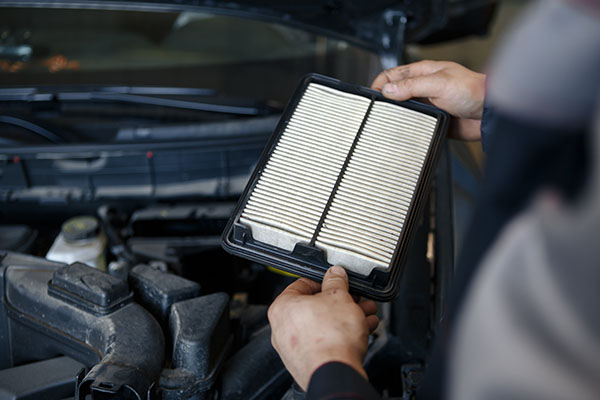Posted on 3/28/2024

Are you experiencing difficulty turning the steering wheel in your vehicle? Have you noticed strange noises or stiffness when maneuvering? If so, it might be time to consider a power steering fluid flush. Understanding Power Steering Fluid Before diving into the reasons for a power steering fluid flush, let's first understand the role of power steering fluid in your vehicle. Power steering fluid is a hydraulic fluid that assists in the smooth operation of your car's power steering system. It helps transmit the force from the steering wheel to the steering mechanism, making it easier to turn the wheels, especially at low speeds. Why Consider a Power Steering Fluid Flush? Over time, power steering fluid can accumulate dirt, debris, and contaminants, compromising its effectiveness. This buildup can lead to decreased performance of the power steering system, resulting in difficulty steering, increased steering effort, or even damage to co ... read more
Posted on 3/5/2024

The check engine light, an essential dashboard warning, serves as an indispensable indicator of potential issues within a vehicle's intricate system. Among the different types of check engine light signals, the flashing and solid variations represent distinct conditions that demand a driver's immediate attention. Understanding the disparity between these signals is crucial for maintaining a well-functioning vehicle and ensuring road safety. Check Engine Light Basics The check engine light, often depicted as an illuminated engine symbol on the dashboard, operates as a crucial communication tool between the vehicle and the driver. When the check engine light activates, it signals the presence of an underlying problem that requires inspection and resolution. Ignoring this warning can lead to severe consequences, ranging from ... read more
Posted on 3/5/2024

As the calendar flips to a new year, many of us consider making fresh starts in various aspects of our lives. If you're thinking about a new car for the year ahead, it's essential to ensure your fresh start includes a reliable vehicle. Before you make the leap, consider a pre-purchase inspection from Community Auto as a smart move to kick off the year with a safe and dependable set of wheels. Why a Pre-Purchase Inspection Matters A pre-purchase inspection, often conducted by a trusted auto repair shop, offers several compelling reasons to make it your first step in acquiring a new-to-you car: Hidden Issues: Even though a used car may look good on the outside, there could be hidden issues beneath the surface. An inspection can uncover potential problems, saving you from costly surprises. Safety Assurance: Your safety on the road should never be compromised. An ins ... read more
Posted on 2/27/2024
.jpeg)
If you've noticed that your Ford vehicle is not performing as well as it used to, or consuming more fuel than usual, it could be due to a clogged or dirty intake air filter. Many people tend to overlook this important maintenance task, but replacing the air filter at regular intervals can greatly improve your engine's performance and fuel efficiency. Let's take a look at how to change it and everything else you need to know! Why Change the Intake Air Filter? Before diving into the replacement process, it's essential to understand the importance of the intake air filter. The intake air filter prevents harmful debris, dirt, and contaminants from entering the engine's combustion chamber. Over time, the filter becomes clogged with dirt and debris, restricting ... read more
Posted on 1/27/2024
.jpeg)
Understanding how your car's engine stays cool is essential for any vehicle owner. The engine generates a significant amount of heat during operation, and if this heat is not managed properly, it can lead to engine overheating and potential damage. Let's delve into an engine's cooling process and uncover this vital system's intricacies. The Basics of Engine Cooling Engine cooling is a fundamental process that revolves around the transfer of heat. The primary objective is to eliminate heat generated by the engine and release it into the surrounding air. This is made possible through a cooling system that comprises various essential components, including: 1. Radiator The radiator is the most visible part of the cooling system. It's designed to disperse heat absorbed by the coolant from the engine. As the coolant passes through ... read more